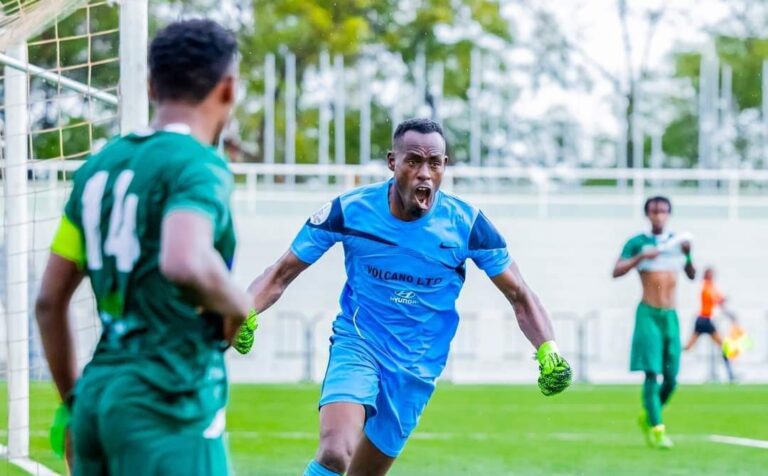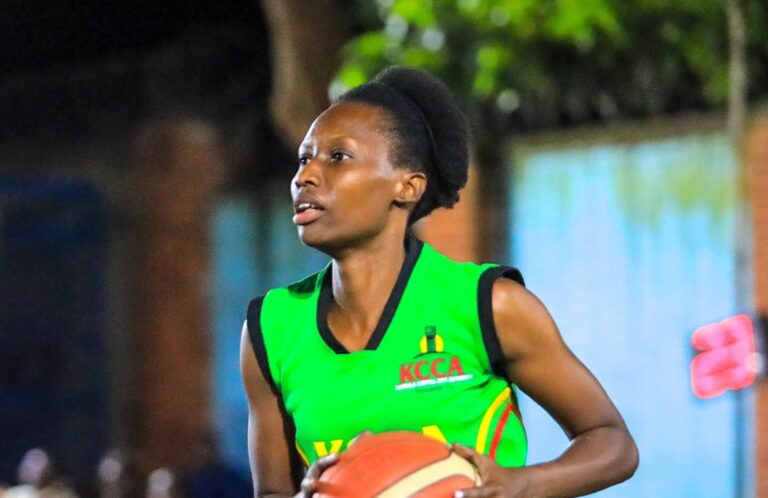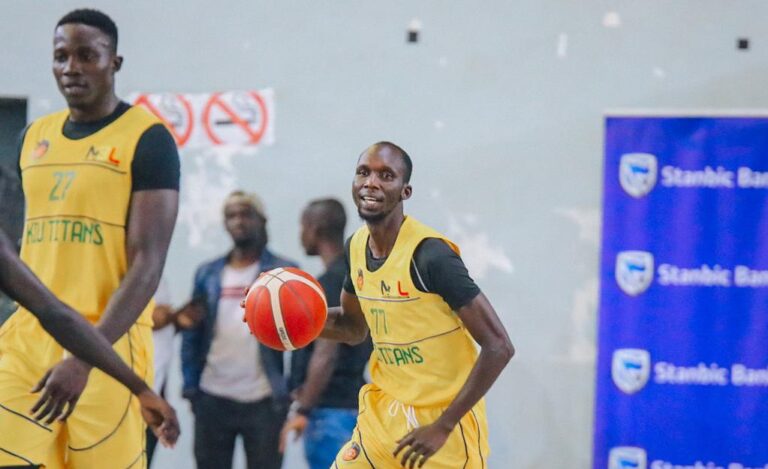By Doctor Isaac Gabriel Otuk
This phenomenon occurs when an Athletes body temperature rises and remains above the normal temperature level of 37 degrees Celsius or 98.6 degrees Fahrenheit due to failure to thermo-regulate.
Heat stroke is the most life threatening and I have shared some thoughts on it on one of the visuals.

With heat stroke, the core temperature rises to over 40 degrees Celsius with a rapid increase in the pulse rate.
Heat stroke is mainly due to a dysfunction of the brain in regulation of temperature.
Other noticeable symptoms which may be associated with concussions is confusion, inappropriate behavior of the Athlete, Uncoordinated language, Apathy, Coma and eventual death if not worked on.
Factors That Contribute To Heat Related Illness
Hot humid conditions.
Recent illness by an athlete.
Lack or poor acclimation or adaptation to the weather by am Athlete especially if not used to the hot climate.
High intensity workout.
Dehydration.
Wearing Dark Colored clothing during activity (Dark Colors absorb heat while light colors reflect heat that would get into the body)
The use of medication and supplements.
Lack of fitness.
Behaviour risks like lack of sleep, alcohol intake.
Managment Of An Athlete Suffering From Hyperthermia:
Move them to a shade or cooled area and fanning with a towel.
Loosen all tight clothing.
Remove the equipment from the body so that they are free.
Administer oral fluids
Cool the body using water directly or through the use of a sponge.
IV fluids may be administered if the Athlete in severe cases.
There has to be referral to an emergency room for further management especially in cases of heat stroke.

NOTE:
More caution has to be taken in Athletes with spinal cord injuries especially with high level lession. This impairs the thermo-regulatory system.
Prevention Of Hyperthermia:
Establish a proper hydration and rehydration routine.
Apropriate adaptation to environmental conditions especially when not used to training or competing in hot weather or climate.
Wearing appropriate clothing especially loose and light clothes when in hot weather so that room for reflection of heat and perspiration (sweating) is established.
Screening Athletes for a history of heat related illness can prevent HYPERTHERMIA.
The Author is Isaac Gabriel Otuk, the CEO of Fitness Health Nutrition Sports (FHNS) company.
THE FHNS brand provides sports medicine like injury management and REHABILITATION services, injury Prevention programs and performance enhancing services to Athletes from all sports disciplines in Uganda, East Africa and around the world through its Physical and online medical Platforms.
Mail – [email protected]
Phone – +256778092815



















